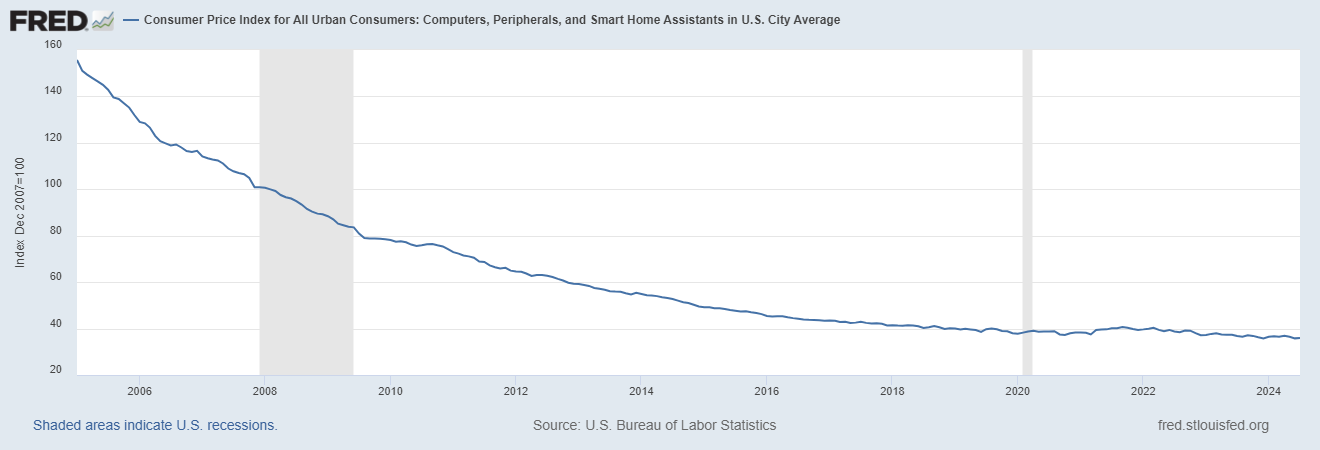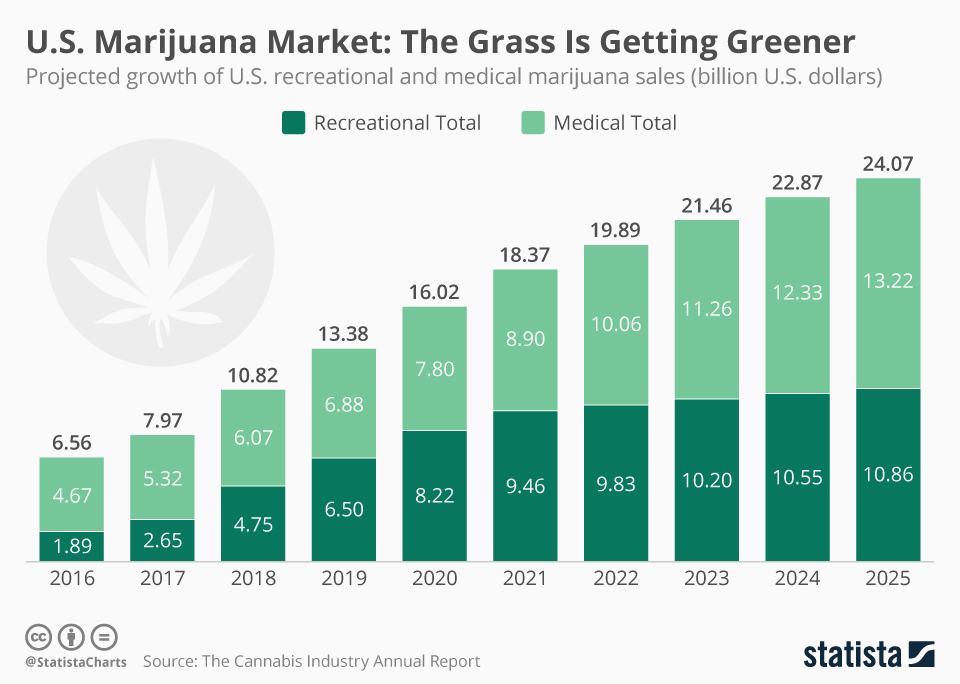Inflation is macroeconomic phenomenon, it is a positive change in price level which looks at average prices in the economy.
You cannot simply compare average to prices for all sorts of categories to prices for one category. For example, average prices of computers and other smart devices are not just stagnate but are even declining as FRED data show;

Drugs you are mentioning might be one of such items that becomes cheaper despite overall inflation.
If cartels can manage it, why can't governments? To me, the answer is that: printing money = Stealing money, and governments are more corrupt than cartels
This is not correct conclusion;
It is generally accepted by economists that increase in money supply leads to higher inflation (e.g. see Mankiw Macroeconomics). However, this increase in money supply affects all businesses legal or illegal. Cartels are not somehow specially immune to inflation compared to your local baker.
However, not price of every item is affected by inflation equally. For example, computers or other electronics generally get cheaper over time once you adjust for quality because the electronics industry is highly innovative, and hence despite overall inflation they manage to produce things more efficiently so that their prices still decrease.
Furthermore, most experts agree small stable inflation helps economy to operate more smoothly. This is reflected in mandates of major central banks such as Fed or ECB which imply inflation of about 2%. As long as you do not have some evidence that central banks deviate from this, in order to enrich some specific politicians I do not think you can talk about any corruption. For example, you might be ideologically opposed to government building a bridge, but if it builds bridge based on broad mandate, and the spending on bridge is transparent and there are no misuses of funds, you can't really talk about corruption, even if you believe private sector could have build the bridge more efficiently thanks to better incentives.

